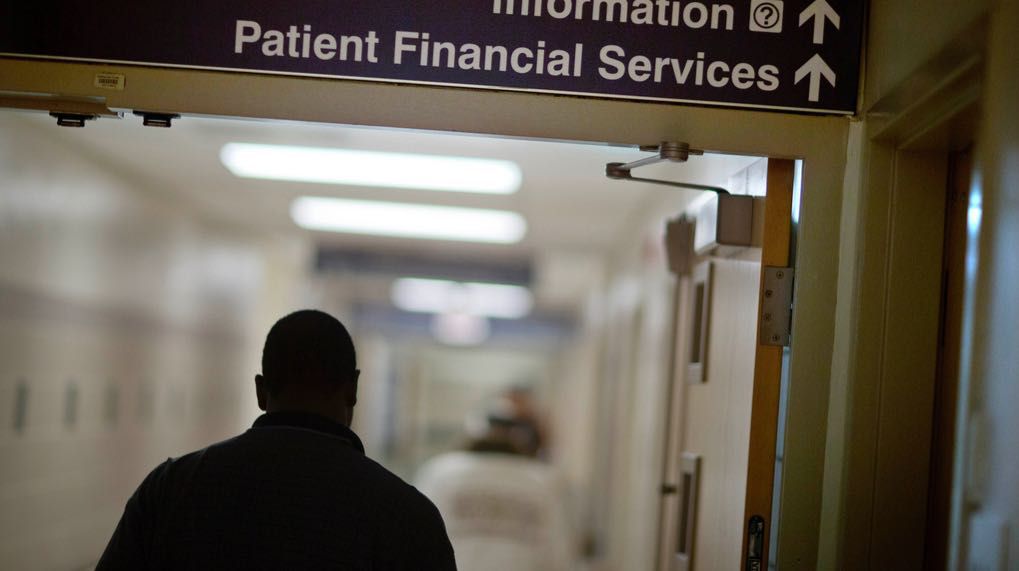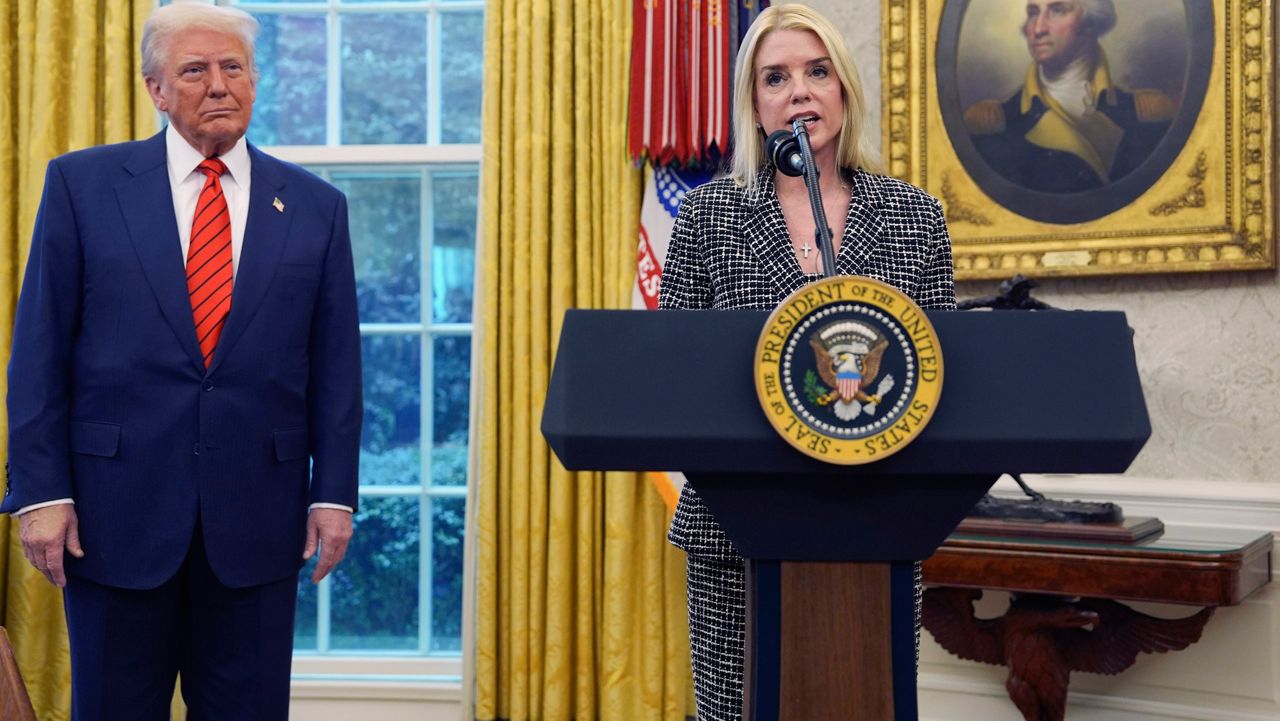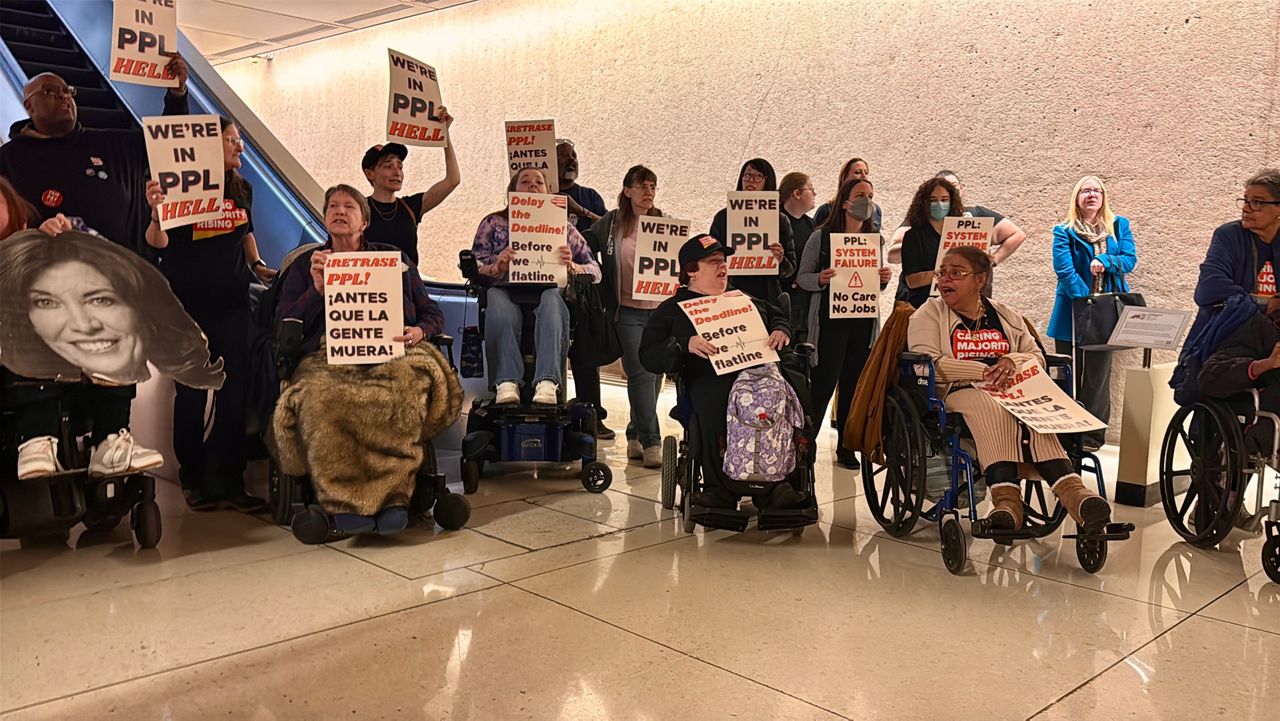State Democrats and Republicans have different ideas about what legislative action should be taken to address New York immigration issues, but for once, chances are neither of them will get what they want.
Lawmakers aren't expected to pass legislation related to immigrants coming to New York before session ends, but many members on both sides of the aisle say they won't leave session without a fight.
Advocates fighting for greater protections for immigrants want to see legislation passed prohibiting local law enforcement and state agencies from working with federal Immigration and Customs Enforcement — making all of New York a sanctuary state.
Sponsor Sen. Andrew Gounardes says the New York for All Act would prevent local tax dollars and resources from being used for deportation and allow undocumented people to access health care or contact police without fear.
"I don't want my local police dollars to be wasted rounding up people who they think or who they suspect are here without status," Gounardes said Thursday. "I'd rather my local law enforcement work on actual crimes and work on protecting actual people in communities. ...There's no reason why local governments and local law enforcement should be wasting resources and using resources to do the work of the federal government."
The senator says the measure is critical to respond to Florida's recent immigration law that imposes penalties for employing undocumented people and banning local governments from issuing them identification cards.
"Governor DeSantis passed the most anti-immigration law in the country," Gounardes said. "They basically criminalized being an undocumented individual. Why would we sit back and allow that type of narrative to take hold? Especially when DeSantis is trying to run for president. New York has an opportunity to lead here."
The New York For All Act was first introduced in 2020, and is unrelated to the recent influx of migrants contributing to rising tensions between New York City and other parts of the state.
Action largely rests with the federal government, leading to an ongoing standstill.
Assembly Speaker Carl Heastie, a Bronx Democrat, says it's unlikely lawmakers will take legislative action addressing immigration in New York first.
"I don't think there's anything, legislatively, we need to do," he said Wednesday about the end-of-session rush.
Gov. Kathy Hochul has been leading conversations with the White House and federal officials in efforts to devise a long-term housing plan and improve communication between New York City and upstate counties receiving asylum seekers.
"Again, the governor is doing this, it's not me," Senate Majority Leader Andrea Stewart-Cousins said Wednesday.
The 2023-24 state budget includes $1.3 billion, mainly to be allocated in reimbursements to New York City, to provide services and support to incoming migrants.
A statewide executive order allows Hochul to allocate additional state funds to address incoming migrants without the Legislature's approval.
State Republican lawmakers have introduced legislation in response to incoming migrants, including to prohibit housing asylum seekers in schools or SUNY campuses, and a direct counter measure to NY For All that would bar local governments and agencies from refusing to comply with enforcement of federal immigration laws.
They've also proposed a pushed for any related state spending to be made transparent, and for officials to vet asylum seekers and share information about their case with localities.
Senate Minority Leader Rob Ortt, a North Tonawanda Republican, argues the Legislature is responsible to take action before session ends June 8. Democratic and Republican lawmakers should sit down together and devise a compromise to help people seeking asylum and state residents alike.
"The Legislature and elected leaders have an obligation to address this on behalf all New Yorkers, and on behalf of the migrants themselves who are coming here," Ortt said.
Ortt says making New York a state that does not assist federal ICE agents would only exacerbate current immigration issues stressing certain localities.
"This is really lack of a plan, a chaotic thing, that has been caused by policies that we've enacted, or proposed or advocated for," he said. "You don't get to choose which federal laws you follow — that's true for all sides. If it's a federal law and you want it to change, run for Congress, run for U.S. Senate, run for president. But you don't get to be a county executive and say 'We're going to ignore this law.' That is not how it works."
Leaders and the governor have pushed the federal government for weeks to waive the 180-day waiting period and grant asylum seekers workforce authorization and allow them to fill in the state's labor gaps, which Senate Republicans have also pushed back against. State officials continue to wait for a response and federal action plan.









